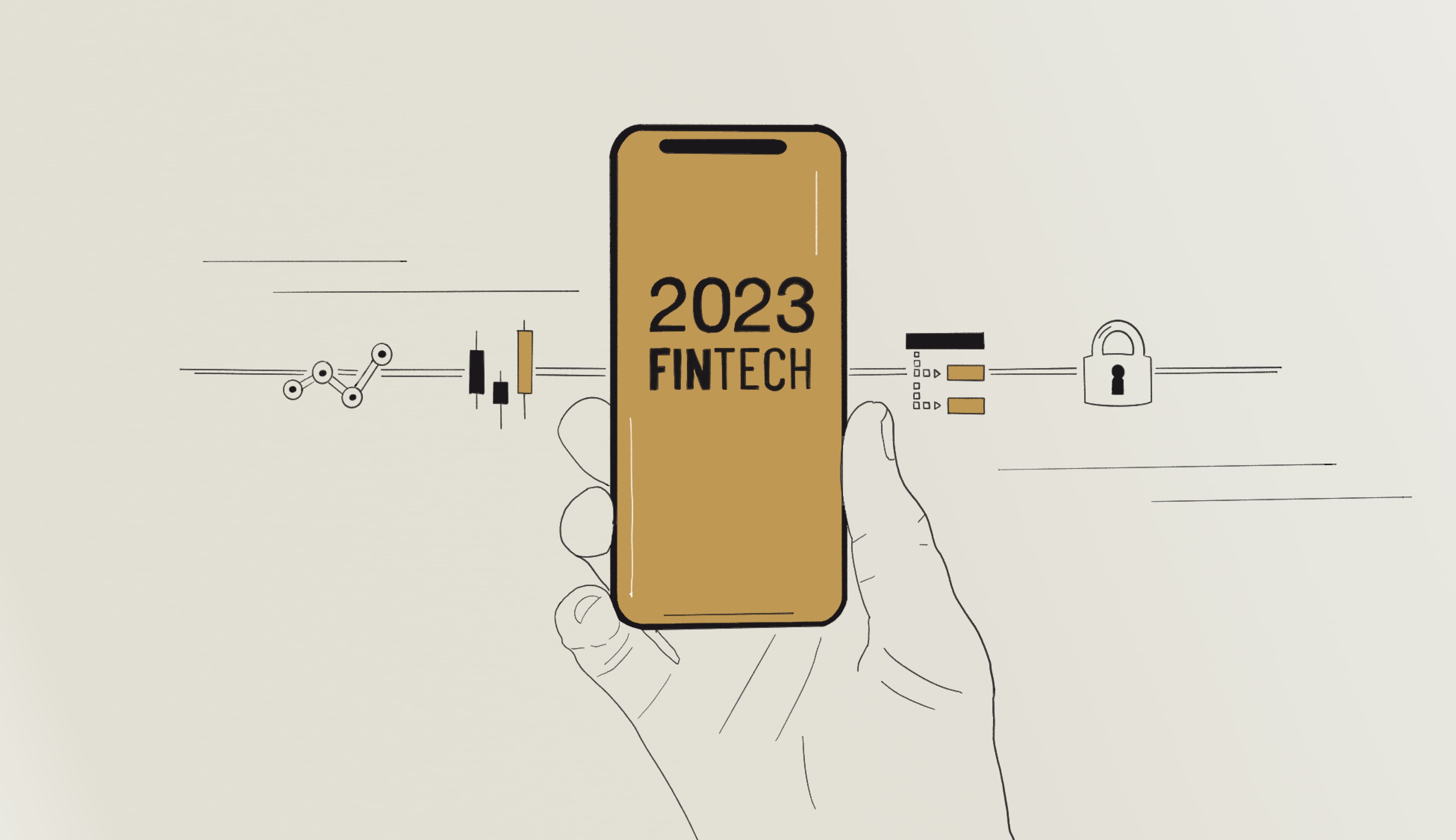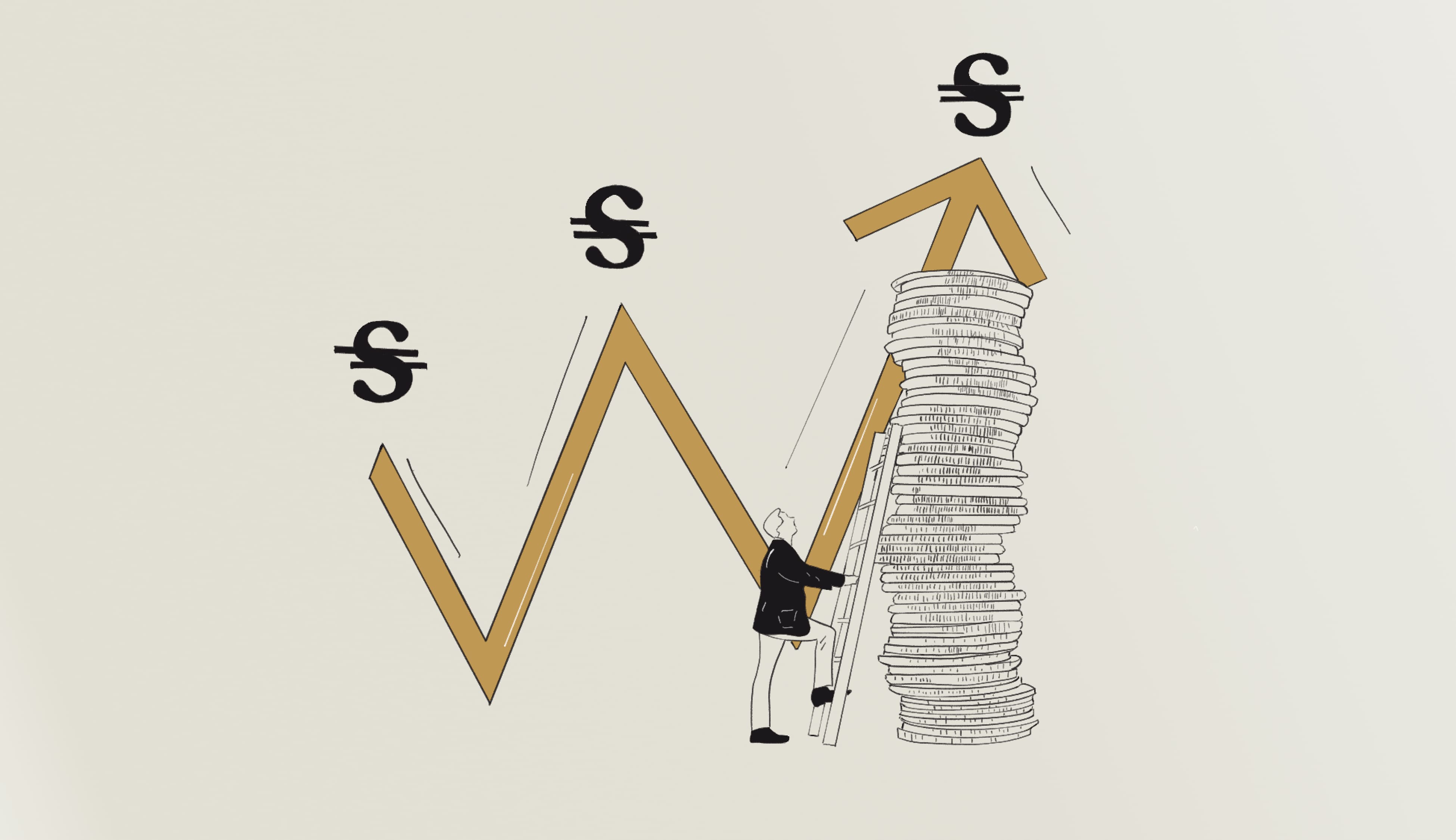What to expect from fintech in 2023?
Share this post

2022 turned out to be a challenging year for the Web3 space and frankly difficult for cryptocurrencies and operations related to them. We saw a sharp drop in Bitcoin assets and the collapse of one of the largest digital asset exchanges, FTX. The past year was also characterized by large-scale layoffs in the fintech industry against the backdrop of slowing economic development and energy problems.
Financial services were the leading sector of venture capital investment last year despite the general decline in funding and the shock on the cryptocurrency market. They are expected to remain in the lead regardless of developments. Investments in fintech in 2022 amounted to $81 billion as of December 14, which is 40% below the peak of 2021. With some caution, we can assume that the market will continue to grow next year, taking advantage of the opportunities in emerging markets. There are still many countries in the world where society does not have sufficient access to basic financial products.
Venture investments in financial services companies. Source: crunchbase
The greatest attention in the new year should be expected to Web3 space as a new concept of the Internet. Do not mistake the decentralized Internet with blockchain technology and cryptocurrencies. The negative connotation of a number of failures on the exchanges and what has already been dubbed “crypto winter” have nothing to do with the technology itself. Nevertheless, some investors have left this market, forcing startups to look for other methods of financing, including lending. Creating applications based on Web3 technology may become the main trend of the year, as more and more people see its advantages over established systems. For example, as part of the strategy for the development of the crypto industry and Web3, China plans to issue “green bonds” based on the blockchain. This will be a thoughtful step towards creating an international headquarters for innovative companies in Hong Kong.
The role of asset protection will increase, as last year set a record for cryptocurrency fraud — it increased by 80%. Robbers are inventing new means and methods to seize other people's property. In contrast to them, on the other hand, are large companies that want to contribute to the security of their users' assets. In the past year alone, Binance has participated in more than thirty cybercrime workshops and continues to invest in training for law enforcement officials. Among other things, cybercrime damages the reputation of businesses that suffer from it. Therefore, companies will prefer services that combine artificial intelligence, machine learning and biometric protection.
The financial technology sector for B2B business will predictably expand on cooperation with third-party organizations. Since the beginning of the pandemic, banking institutions have strengthened partnerships with IT technologies to create new digital solutions for customers. And while the B2C sphere was vulnerable due to high inflation and rising interest rates, B2B business models are to some extent protected from market volatility.
In addition, the so-called “green banking” has recently become an important growth factor. This topic is acute in Europe, as EU countries are trying to regulate the environmental situation by moving to zero emissions. Of course, additional reporting and difficult times in the energy sector are certain obstacles for companies, but it all happens in the interests of society. As the social aspect is increasingly in the spotlight every year, banks will look for comprehensive tools to address ESG issues.
Neobanking is going to get stronger. Even in tough times in 2022, the industry was able to raise $340 million in funding. We can assume that this is just the beginning, because 85% of investments in neobanks came from the period from 2021 to 2022. The industry has changed the usual customer experience compared to classic banking institutions. Currently, the majority of neobank users have deposit accounts, which are crucial for the development of institutions in the long term. So, the most interesting is yet to come.
In 2023, the ability to anticipate customer needs and work with the appropriate user experience will be important. It will occupy a leading position in the fintech market. Cryptocurrency will continue to fluctuate, and this is not due to its potential in the future, but to the reputational damage that has been caused. There is an opinion that the deterioration of the economic situation in the EU and the rest of the world will reach its peak in the near future. Therefore, we can expect an improvement in the economic situation and an increase in investments in the fintech industry this year.


